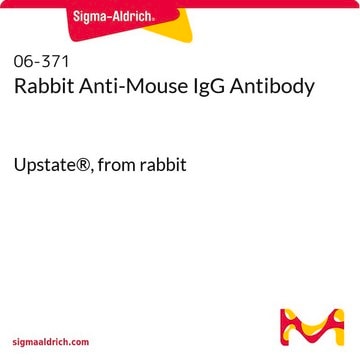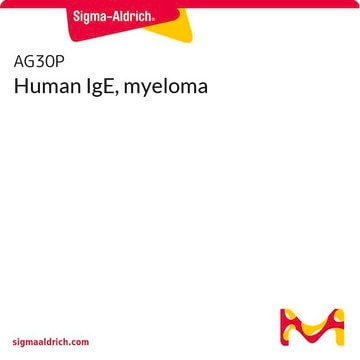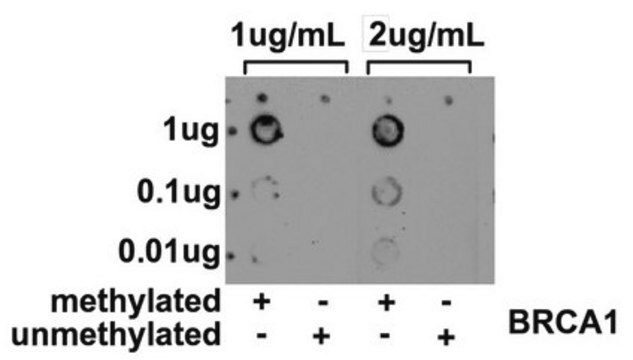H6537
Monoclonal Anti-Histone Deacetylase 3 (HDAC3) antibody produced in mouse
~1 mg/mL, clone HDAC3-83, purified immunoglobulin, buffered aqueous solution
Synonym(s):
Anti-HD3
About This Item
Recommended Products
biological source
mouse
conjugate
unconjugated
antibody form
purified immunoglobulin
antibody product type
primary antibodies
clone
HDAC3-83, monoclonal
form
buffered aqueous solution
mol wt
antigen ~50 kDa
species reactivity
mouse, human
concentration
~1 mg/mL
technique(s)
microarray: suitable
western blot: 1 μg/mL using total cell extracts of NIH3T3 cells
isotype
IgM
UniProt accession no.
shipped in
dry ice
storage temp.
−20°C
target post-translational modification
unmodified
Gene Information
human ... HDAC3(8841)
mouse ... Hdac3(15183)
General description
Specificity
Immunogen
Application
Biochem/physiol Actions
Physical form
Storage and Stability
Disclaimer
Not finding the right product?
Try our Product Selector Tool.
Choose from one of the most recent versions:
Certificates of Analysis (COA)
Don't see the Right Version?
If you require a particular version, you can look up a specific certificate by the Lot or Batch number.
Already Own This Product?
Find documentation for the products that you have recently purchased in the Document Library.
Our team of scientists has experience in all areas of research including Life Science, Material Science, Chemical Synthesis, Chromatography, Analytical and many others.
Contact Technical Service








